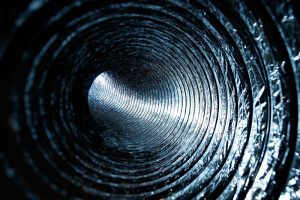
Indoor air quality is a major concern for many homeowners, and helping people to improve their indoor air quality is one of our major concerns as well. We offer numerous ways to help improve a home’s air, such as installing a dehumidifier or air purifier in Dunedin, FL.
But often the biggest opponent of enjoying fresh, healthy, and humidity-balanced air is damaged ductwork. Leaky ducts are tricky because they hide out of sight, creating problems people may attribute to other sources. In fact, people are often unaware of the many ways their ducts can become damaged. As you’ll find out below, your ducts have several enemies that can harm them and end up affecting your HVAC system and indoor air quality…

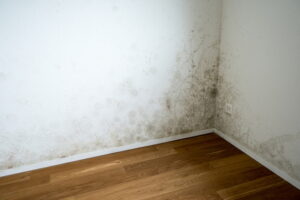
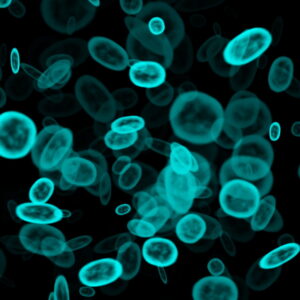

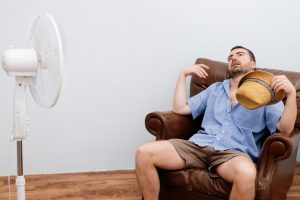

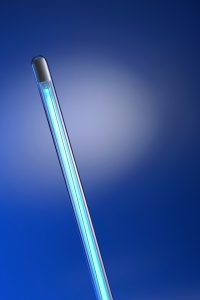 Homes across the US frequently have issues with indoor air quality. Because modern houses are designed to prevent loss or gain of heat through open areas, there’s little chance for fresh air circulation to clean out the concentration of indoor contaminants.
Homes across the US frequently have issues with indoor air quality. Because modern houses are designed to prevent loss or gain of heat through open areas, there’s little chance for fresh air circulation to clean out the concentration of indoor contaminants. The dry seasons here in Tampa Bay can often last into May. But as summer gets into gear, the humidity starts to ramp up. And as the relative humidity rises along with the temperatures, it can mean some sweaty and uncomfortable days. Combining a 90°F afternoon—and we experience a few of those!—with relative humidity higher than 60% can make the weather feel 10° hotter! That is—no—fun.
The dry seasons here in Tampa Bay can often last into May. But as summer gets into gear, the humidity starts to ramp up. And as the relative humidity rises along with the temperatures, it can mean some sweaty and uncomfortable days. Combining a 90°F afternoon—and we experience a few of those!—with relative humidity higher than 60% can make the weather feel 10° hotter! That is—no—fun. Poor indoor air quality is a serious problem for homes in Florida, but it’s also a problem that’s often ignored. People tend to worry more about keeping their homes cooled rather than circulating fresh air. Humidity is the air quality issue that usually gets the most attention.
Poor indoor air quality is a serious problem for homes in Florida, but it’s also a problem that’s often ignored. People tend to worry more about keeping their homes cooled rather than circulating fresh air. Humidity is the air quality issue that usually gets the most attention.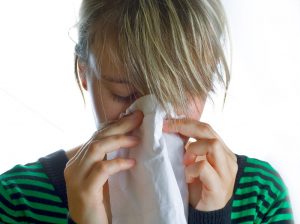 You may not think too much about the
You may not think too much about the